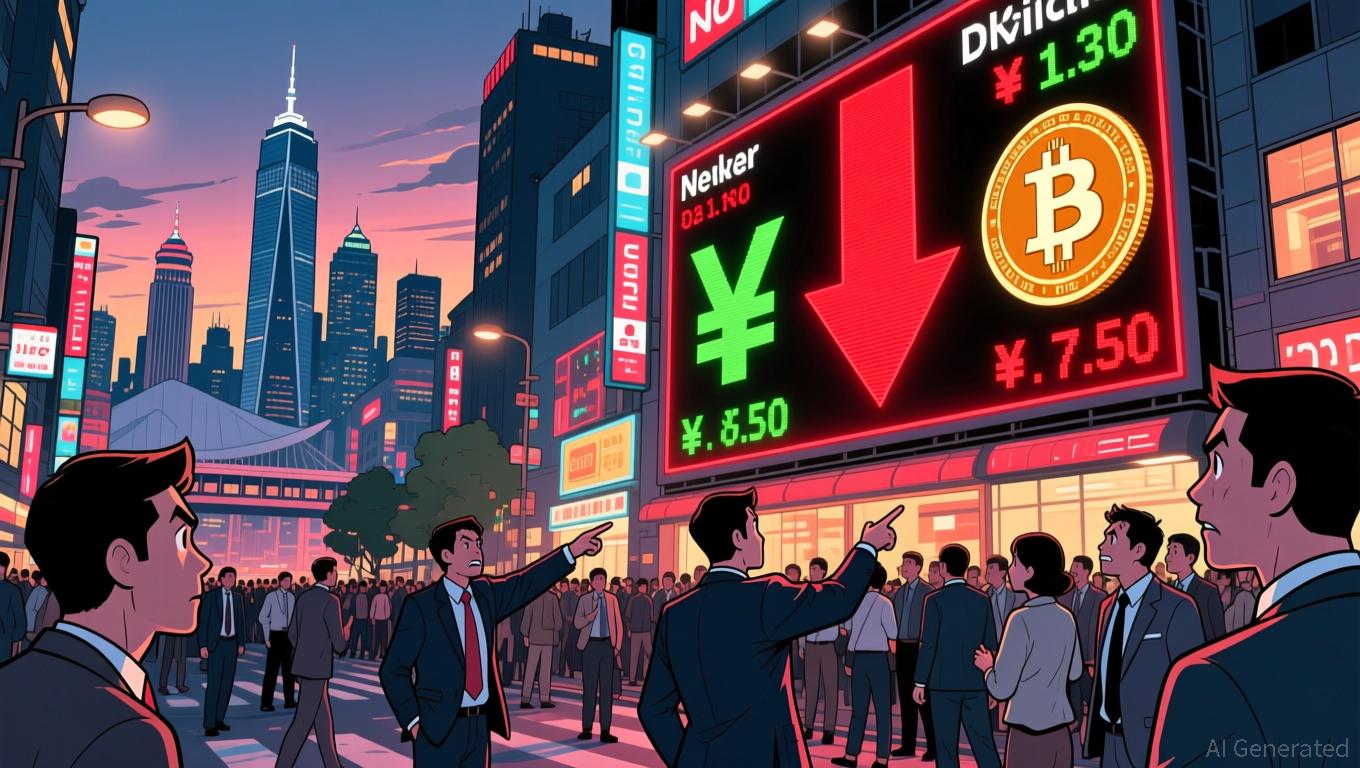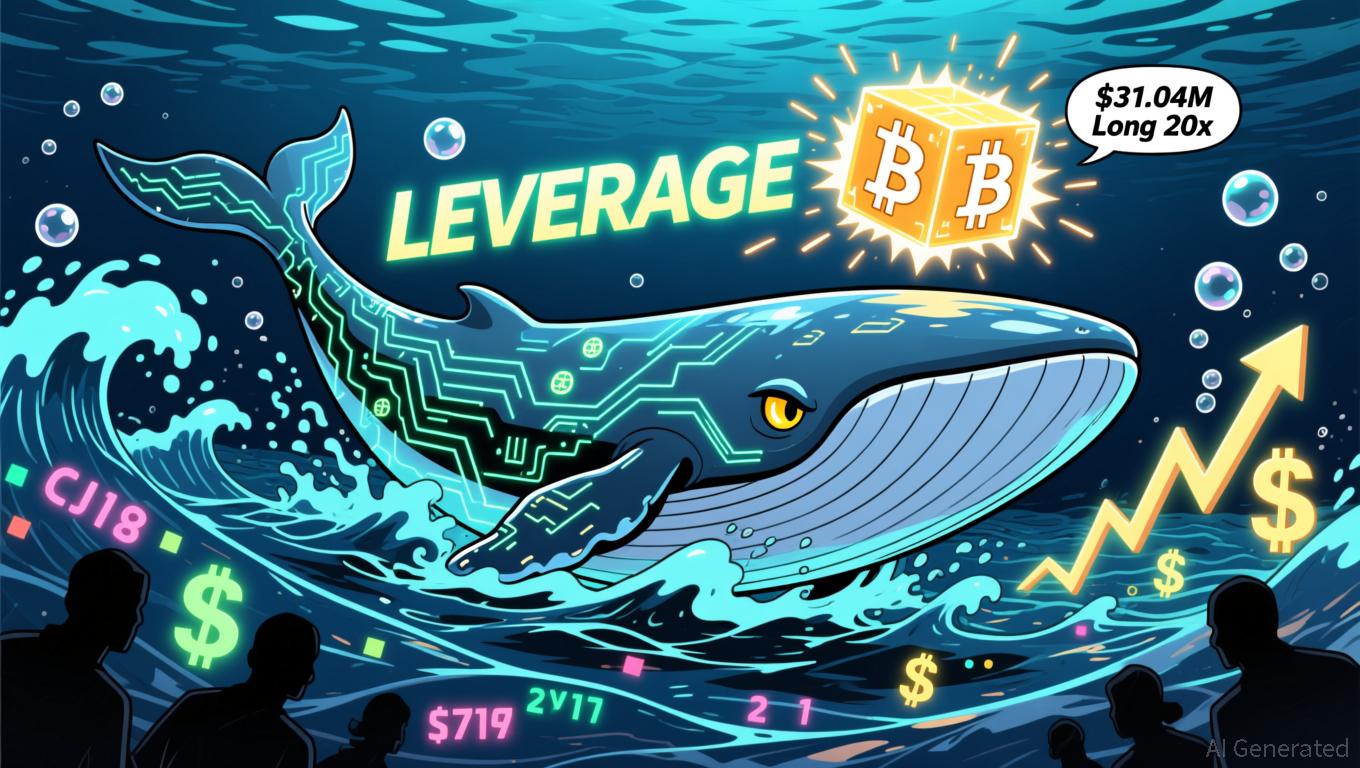Lithium-iron-phosphate batteries have become a favorite in the industry due to their affordability and durability, helping to significantly reduce vehicle costs. However, U.S. car manufacturers now face challenges from tariffs and regulations targeting Chinese imports.
“We believe LFP is essential for widespread energy access. The challenge is that nearly all of it—about 99%—is produced in China,” said Eric McShane, Electroflow’s co-founder and CEO, in an interview with TechCrunch. “To compete, we need to completely change that dynamic.”
McShane and his partner, Evan Gardner, have created a process they believe can beat Chinese manufacturers on price by eliminating several production steps. If successful, their approach could lower LFP battery costs by up to 20% while establishing a domestic supply network.
“We examined the entire extraction process, from raw materials like rock or brine all the way to lithium chemicals. It’s about ten steps,” he explained. “That’s clearly not the most efficient method.”
A significant portion of the world’s lithium is sourced from underground brines. Once brought to the surface, these salty waters can be processed to retrieve lithium. U.S. brine reserves hold millions of tons of lithium, enough to support the production of millions of electric vehicles annually. The opportunity is so substantial that ExxonMobil is developing a site in Arkansas, but high refining costs make it hard to compete with Chinese suppliers.
Currently, LFP produced in China is priced at roughly $4,000 per metric ton, which is about a third of the U.S. production cost. McShane, however, anticipates that once Electroflow scales up, they’ll be able to manufacture LFP at least 40% cheaper than Chinese companies, all within the United States.
“With our first-generation system, by the end of this year, we’re targeting a production cost of around $5,000 per metric ton, and we plan to scale that down to under $2,500 per metric ton,” he said.
TechCrunch has learned that Electroflow recently secured a $10 million seed investment, led by Union Square Ventures and Voyager, with additional backing from Fifty Years and Harpoon Ventures.
Electroflow’s method reduces the process to just three steps to convert brine into LFP material. The company recently demonstrated the technology using brine sourced from a geothermal facility in California.
The foundation of Electroflow’s innovation is lithium-ion battery technology, which isn’t surprising since both McShane and Gardner have backgrounds in battery research. “We were intrigued by the idea of applying advanced battery technology to industries outside of batteries. Using battery tech in mining has proven to be very effective,” McShane noted.
The original spark for Electroflow came to Gardner during a Caltrain commute in the Bay Area. Watching passengers board and exit the train, he imagined them as ions moving through different sections of a device.
“He drew the idea on a scrap of paper and showed it to me,” McShane remembered. “I thought, wow, this could actually work.”
Electroflow’s main technology is a cell with anodes that, in one direction, absorb lithium ions from brine, and in the other, release them into water with carbonates. After both stages, the result is lithium carbonate, which can then be combined with phosphate, iron, and other chemicals to create LFP powder ready for battery manufacturing. If manufacturers need only lithium carbonate, Electroflow can halt the process at that stage and supply it directly.
The entire operation is powered by electricity, and producing 50 metric tons of lithium carbonate annually would consume about as much energy as a typical American household, according to McShane. Most of the water used in the carbonate phase can also be reused. “Our process doesn’t require a lot of electricity or water,” he added.
Once fully built, the system will fit inside a standard 20-foot shipping container and will be able to produce 100 metric tons of LFP material each year.
“We’re planning to manufacture these electrochemical cell stacks and process large volumes of brine across the country,” McShane stated. He’s optimistic that Electroflow will be able to offer lower prices than Chinese competitors, even as the company moves into commercial-scale production in the coming years.
“Unless Chinese producers completely overhaul their methods with a brand-new, innovative approach like ours, they won’t be able to match these costs,” he said.


